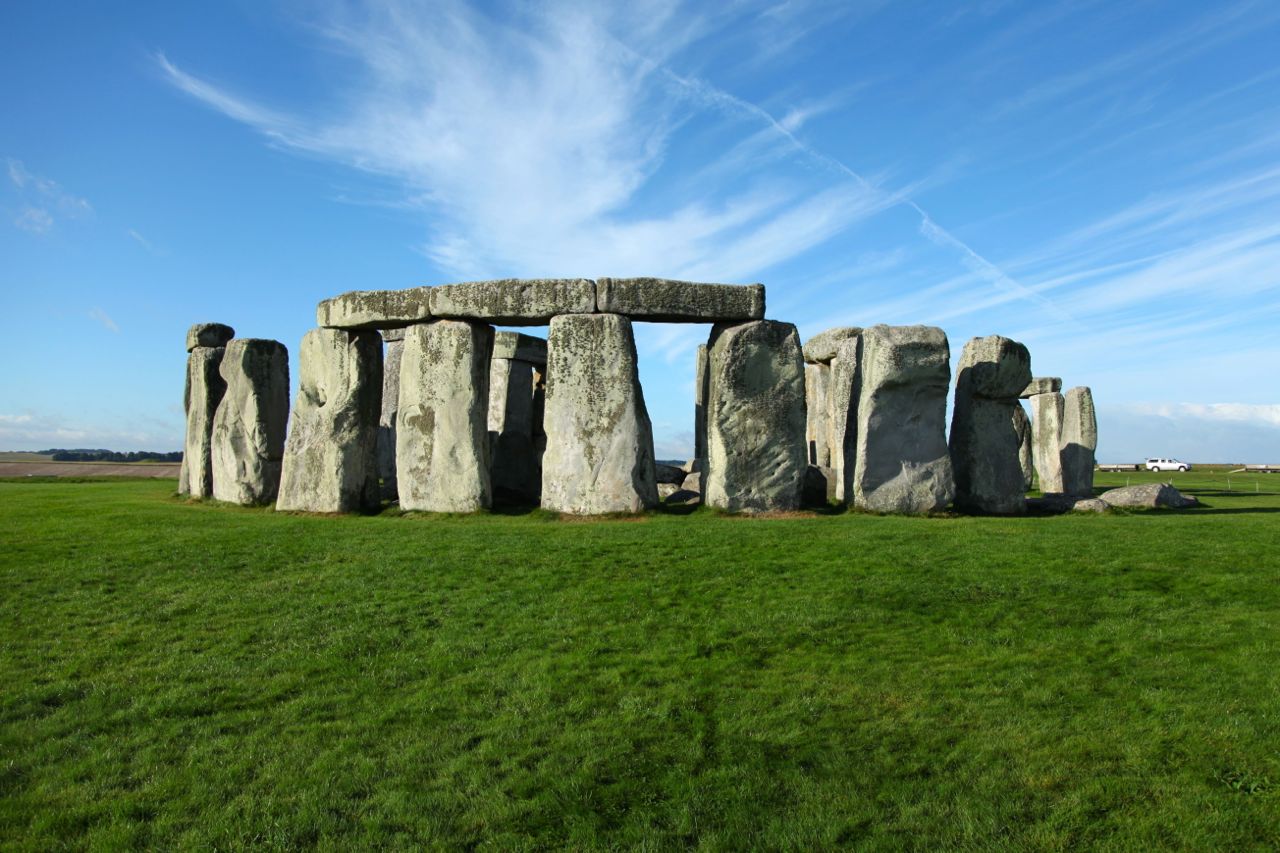Throughout Europe, 800 million Europeans represented in the Council of Europe's 47 member states are encouraged to learn more languages, at any age, in and out of school. Being convinced that linguistic diversity is a tool for achieving greater intercultural understanding and a key element in the rich cultural heritage of our continent, the Council of Europe promotes plurilingualism in the whole of Europe.
On the occasion of the day, a range of events are organised across Europe: activities for and with children, television and radio programmes, language classes and conferences. National authorities and the various partners are given a free hand to organise activities. To coordinate the activities organised at national level, the Council of Europe asks participating countries to nominate "National Relay Persons" for the day. (edl.ecml.at)



